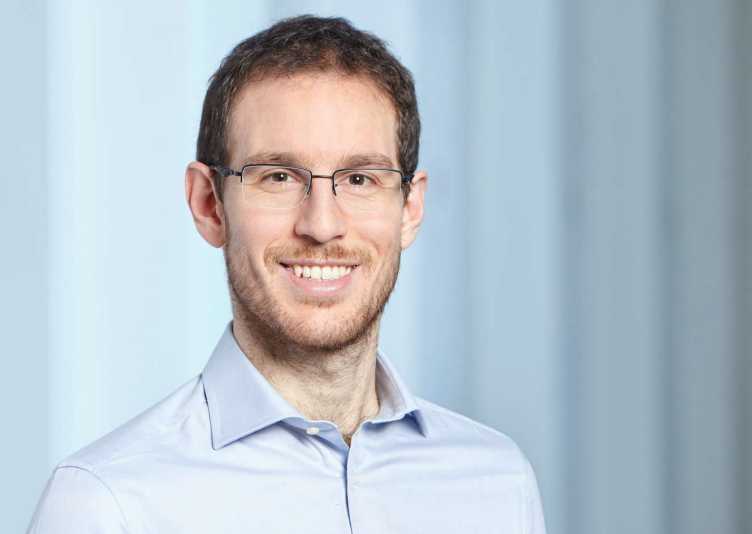Interview with the new FIM Director Alessio Figalli
From 1 September 2019, Alessio Figalli will take over the post of FIM Director. In the following interview, he explains his interest in the FIM and his plans for the future of the Institute.

When were you first in contact with the FIM?
2008 was the first time I was in Zurich as a guest. In 2014, I returned as a visiting professor to deliver a Nachdiplom lecture for four months. Being here for such a long time gave me an excellent opportunity to see how the FIM works.
What were your first impressions of the FIM?
One thing that impressed me was how much attention the FIM team gives to its guests. From the moment you arrive, you can see that all the practicalities have been taken care of and you know exactly what you need to do next – your name is even on your office door!
I also think the FIM is very well known within the mathematics community and has forged a strong reputation for itself. I travel all around the world and receive many invitations, and since I can’t go everywhere, I have to be selective. Going somewhere that has the kind of tradition and standards of quality that the FIM does was an opportunity that I just couldn't pass up, so when I received the invitation to give a Nachdiplom lecture, I was very happy to accept.
What prompted you to put yourself forward as the Director?
The former Director, Tristan Rivière, was finishing his term and the FIM was deciding who should be appointed in his place. I found out about the position at a time when I was thinking about making a change and was open to trying something different – so it was a good opportunity for me.
Besides the administrative duties that come with the FIM Director's job, there is also a strong scientific component that focuses on determining which areas of mathematics should be supported here in Zurich. Every event organised by the FIM gives visibility to a specific topic, and it’s the responsibility of the Director to choose which topics are put under the spotlight. I also felt that the position would help me to do my part for the mathematics community. Last year, for example, Tristan Rivière decided to start the Hermann-Weyl-Instructorship programme – so when I contacted the ETH President about the possibility of becoming the FIM Director, I made sure that the Executive Board would be continuing its support for this programme in the future.
I also think that the image of mathematics is changing: even those from areas outside the academic community, like the private sector, are becoming more and more aware of just how important mathematics is. For that reason, I think that one of my goals could be to inspire more people to come to Zurich and maybe even attract people who are not necessarily part of the academic world.
Do you have any specific plans for the FIM’s future?
I want to make sure that everyone inside the mathematics community at ETH and the University of Zurich feels that the FIM represents every aspect of mathematics.
I think there is huge potential in programmes like Friends of Oberwolfach, which enables people to become friends of the Oberwolfach Research Institute for Mathematics by giving donations. The people who show their philanthropy in this way are from outside the academic community and being able to support an institute like the FIM gives them a vision. It is one of my goals to advertise the FIM to this community in order to demonstrate the importance of mathematics and institutes of this kind.
I would also like to improve support for families. If we organise a conference, for example, I would like to give the participants the opportunity to apply for family support. This would allow couples with kids to come to Zurich. I think it’s essential that the mathematics community supports initiatives like this.
I think Tristan was an excellent Director and that the FIM and the mathematics community are in a very healthy position. The important thing is that we keep moving forward with the work we have done so far and that we stay open to new developments, because the field of mathematics is changing so quickly.